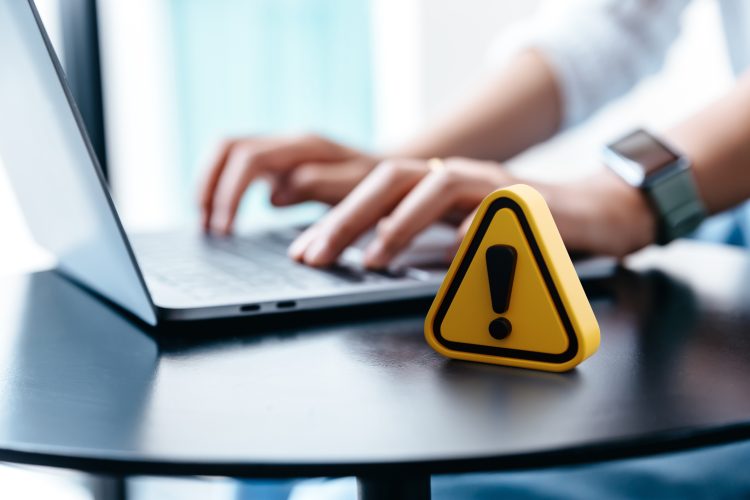Economic hardships often create fertile ground for fraudsters and scammers looking to exploit vulnerable individuals. With financial stress and uncertainty, people are more likely to fall victim to various schemes promising quick solutions. Protecting yourself from fraud and scams requires vigilance, knowledge, and proactive measures.
1. Stay Informed About Common Scams
Awareness is the first line of defence against fraud. Scammers continually evolve their tactics, so it’s crucial to stay updated on the latest schemes. Some common scams include:
Phishing Emails and Texts
Fraudsters send emails or texts pretending to be from reputable organizations, aiming to steal your personal information.
Fake Charity Appeals
Scammers exploit crises by setting up fake charities to solicit donations.
Investment Scams
Promising high returns with little risk, these scams lure people into investing in fraudulent schemes.
Impersonation Scams
Fraudsters pose as government officials, debt collectors, or utility companies to extract money or personal information.
Regularly check reliable sources such as government websites, consumer protection agencies, and financial institutions for updates on prevalent scams.
2. Secure Your Personal Information
Protecting your personal information is crucial in preventing identity theft and fraud. Here are some key practices:
Use Strong, Unique Passwords
Create complex passwords for your online accounts and avoid using the same password across multiple sites. Consider using a password manager to keep track of them.
Enable Two-Factor Authentication (2FA)
Adding an extra layer of security, such as a text message code or authentication app, makes it harder for scammers to access your accounts.
Shred Sensitive Documents
Dispose of financial statements, medical records, and other documents containing personal information securely.
Be Cautious with Social Media
Limit the amount of personal information you share online, as scammers can use these details to impersonate you.
3. Verify Before You Trust
Fraudsters often create a sense of urgency to pressure their victims into making hasty decisions. Always take the time to verify the legitimacy of any unsolicited communication, offer, or request. Here’s how:
Check Contact Information
Verify phone numbers, email addresses, and websites independently rather than using the contact details provided in the message.
Research Organizations
Before making any donations or investments, research the organization thoroughly. Look for reviews, ratings, and official registration details.
4. Be Wary of Unsolicited Offers
Unsolicited offers, especially those that seem too good to be true, should raise red flags. Whether it’s a phone call, email, or social media message, be cautious of:
Unexpected Prizes or Lotteries
Scammers claim you’ve won a prize but require you to pay fees or provide personal information to claim it.
Job Offers
Fake job postings or offers that require upfront payments for training or supplies.
Debt Relief and Loan Offers
Fraudsters offer low-interest loans or debt relief services, asking for personal information or fees in advance.
Remember, legitimate companies and organizations do not ask for personal information or payment via unsolicited communication.
5. Monitor Your Financial Accounts
Regularly monitoring your financial accounts can help you detect and respond to fraudulent activity quickly. Take these steps:
Set Up Alerts
Many banks and credit card companies offer alerts for unusual activity. Set up notifications for transactions, balance changes, and login attempts.
Review Statements
Go through your bank and credit card statements carefully each month to spot any unauthorized transactions.
Check Your Credit Report
Obtain your credit report regularly to ensure there are no unfamiliar accounts or inquiries. You can get free reports from major credit bureaus.
Economic hardships can make anyone more susceptible to fraud and scams, but staying vigilant and informed can significantly reduce your risk. In times of financial stress, it’s essential to be extra cautious and take proactive measures to safeguard your financial well-being.


